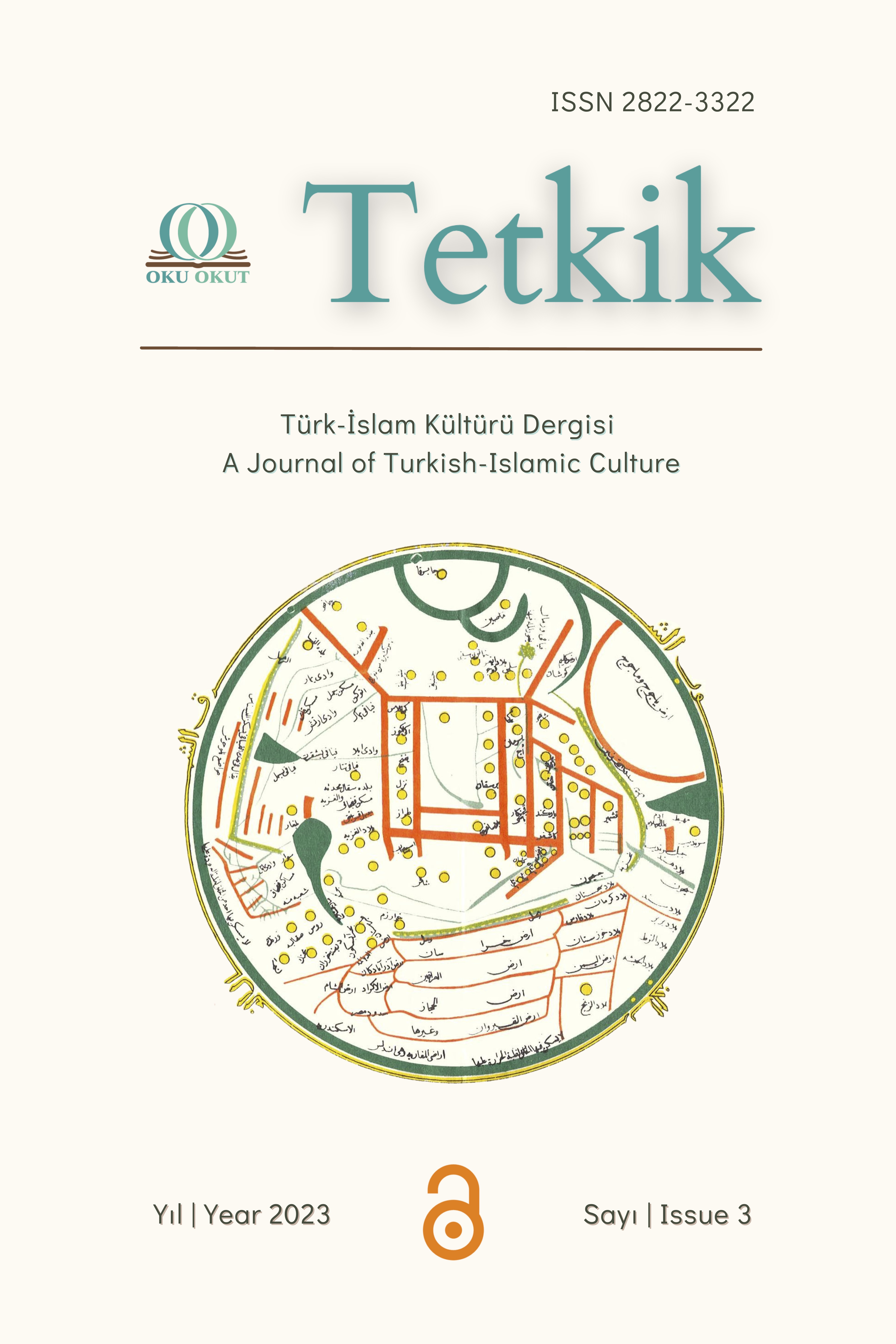Gazzâlî Sonrası Felsefe Eleştirisi: Şihâbeddîn Ömer Sühreverdî Örneği
The Post-Ghazālī Criticism of Philosophy: The Case of Shihāb al-Dīn Umar al-Suhrawardī
Author(s): Mahmut Yusuf MahitapoğluSubject(s): Theology and Religion, Islam studies, Philosophy of Middle Ages, Middle-East Philosophy, Contemporary Islamic Thought
Published by: Oku Okut Yayınları
Keywords: Islamic Philosophy; Islamic Thought; Criticism of Philosophy; al-Suhrawardī; al-Ghazālī; Peripatetic Philosophy;
Summary/Abstract: The purpose of this study is to investigate the course of philosophical criticism after al-Ghazālī by using Shihāb al-Dīn ʿUmar al-Suhrawardī's (d. 632/1234) work Rashf al-nesāʾihi al-īmāniyya wa kashf al-fezāʾihi al-Yūnāniyya. Often confused with Suhrawardī al-Maktūl (d. 587/1191), Shihāb al-Dīn ʿUmar al-Suhrawardī is known for his Sufī identity and was the founder of the Suhrawardī order. Al-Suhrawardī organized his work into fifteen chapters and addressed topics like those discussed by al-Ghazālī (d. 505/1111) but differed from him in many ways regarding method and style. In his criticism of philosophy, al-Suhrawardī followed al-Ghazālī and focused on the issues he discussed. Al-Suhrawardī criticized philosophers' views on God's ignorance of the particular (juzʿi), their supporting the theory of emanation and the spiritual nature of the resurrection. This study suggests understanding al-Suhrawardī to trace the course of the criticism of philosophy after al-Ghazālī. Moreover, to appreciate the criticisms of philosophy after al-Ghazālī, al-Ghazālī's Tahāfut al-falāsifa and Shahristānī's Musāraʿat al-falāsifa (d. 548/1153) were compared with al-Suhrawardī's work in terms of their methods and contents. In this way, the present study pinpoints the similarities and differences between the three works. With this aim in mind, it first presents al-Suhrawardī's method in the criticism of philosophy and addresses his criticisms of philosophers. It also compares the works of these three names in terms of method, and content, along with the social and political reasons that led them to write their works. The present study suggests that al-Suhrawardī was mainly similar to al-Ghazālī in terms of their focus, while al-Suhrawardī, unlike al-Ghazālī relied more on the evidence in his method. Al-Shahristānī, on the other hand, mostly remained within philosophy compared to the other two scholars and offered his criticisms. Al-Ghazālī influenced both scholars who lived after him in identifying the subjects to be criticized. However, while al-Ghazālī and al-Suhrawardī agreed on the takfīr of philosophers, al-Shahristānī differed from them in this respect. The present study also concluded that, although there was no intense philosophical activity in al-Ghazālī and al-Suhrawardī's period that could prompt them to write these works, the two authors might have written their works due to certain political directives and social needs as they had close relations with the political figures of the period. Al-Shahristānī's work, on the other hand, appears to be the output of a philosophical debate.
Journal: Tetkik
- Issue Year: 2023
- Issue No: 3
- Page Range: 131-160
- Page Count: 30
- Language: Turkish

